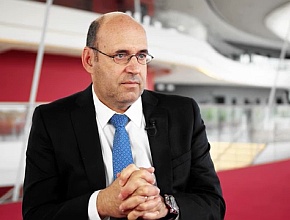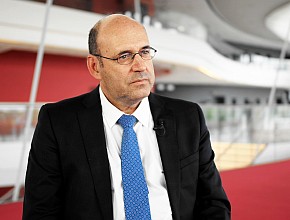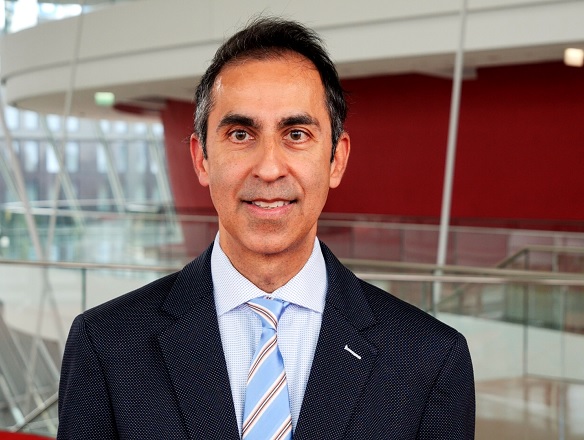Dr Dror Dicker is a senior lecturer at the Sackler Faculty of Medicine, Tel Aviv University, and co-chair of the Obesity Management Task Force of the European Association for the Study of Obesity.
If you were to name the 3 most important recent advances in treating obesity, what would they be?
Dror Dicker, MD: I think the first very important point in obesity treatment is the recognition of obesity as a disease. People around the world tend to see or to think that obesity is a lifestyle choice and from this understanding or beliefs people [are] really blaming people who are living with obesity that they are lazy, that they are eating too much, and that [it] is their own blame that they are obese. So, acknowledging obesity as a disease really conveyed the message that obesity is a physiologic malfunction. People who are living with obesity are not to be blamed for their obesity—they have a disease, like diabetes, like asthma, like congestive heart failure. There is a physiologic malfunction. Some of them [malfunctions] we can prove, some of them we are not [familiar with] yet, but obesity is a disease, it’s not a lifestyle choice. Many countries now recognize obesity as a disease, some part of the Organisation for Economic Co-operation and Development (OECD) and World Health Organization (WHO), and the European Union acknowledge obesity as a disease and I think more and more countries will acknowledge that obesity is a disease and we have to really act upon it. So this is my first point.
The second point is that we are learning all the time about the great effect of bariatric, or metabolic, surgery on morbidity and mortality. And I think that the SOS study that was published in very late 2020, in December 2020, that showed us the results of 23 years of follow-up—that really showed us how bariatric surgery can reduce cardiovascular morbidity and mortality by 50%, showed the great effect of weight loss and the great effect of bariatric/metabolic surgery on morbidity and mortality. But it also showed us that when you compare obese patients who had bariatric surgery to nonobese patients, still, after reducing a considerable amount of weight, people with obesity who had bariatric surgery have higher risk for cardiovascular disease compared to nonobese patients, meaning that obesity is a chronic, relapsing, and deteriorating disease.
The third point is regarding pharmacotherapy. We really learned in the last few months how the new pharmacotherapy or antiobesity medication advance and can [help patients] reach a very considerable weight loss. And this development is very important regarding the new tools that we will have in the near future to treat obesity as a chronic disease in a very effective way.
So, [the recognition of] obesity as a disease, the effect of weight loss after bariatric surgery, and the new antiobesity medication are the 3 points that really tell us that there is hope on the horizon for obesity treatment. Thank you.
 English
English
 Español
Español
 українська
українська










